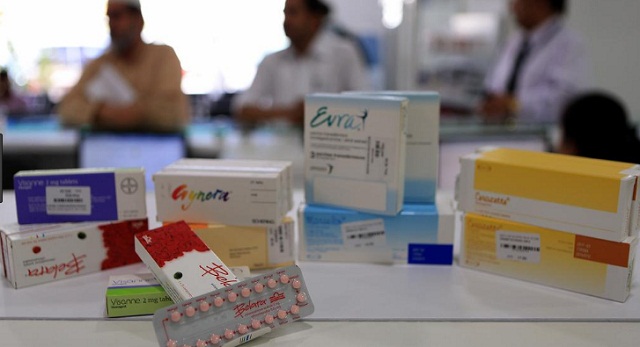
Kampala, Uganda | THE INDEPENDENT | Family planning experts say there is still constant stock out of family planning products at the different health facilities.
According to Robina Biteyi, the Executive Director White Ribbon Alliance, there are no implants at the National Medical Stores. She said other challenges that are constantly faced include shipping delays and manufacturing challenges with the supply of injectable contraceptives which are also the most popular in Uganda.
According to the Ministry of Health, deliveries for implants and IUDs to be used by public hospitals are expected from the Global Fund and will be in the country soon. 245,000 implant devices and 180,000 IUDs are expected from the fund.
But, Beatrice Nyangoma a Communications and Advocacy officer with a local NGO HEPs Uganda says there is danger in always relying on donors like the Global Fund to avail family planning commodities.
According to Nyangoma, as Uganda joins the rest of the World to mark Contraception Day, women are not finding their contraceptives of choice at the health facilities because government is waiting for somebody else to provide these commodities.
In addition to implants, Nyangoma says facilities are experiencing stock-outs of emergency pills and yet the provision of Sayana press has also been halted because of quality issues.
She says that because of such challenges, Uganda will not achieve the 2020 family planning targets that were committed to together with other countries of the United Nations to increase the modern contraceptive prevalence rate among all women to 50% by 2020.
Dr Ivan Luswata of the Joint Medical Stores, an entity that supplies contraceptives to over 470 private health facilities across the country recommends adequate use of what’s currently available since for him even in facilities that have stocks, there are still challenges when it comes to administration of certain contraceptive types like the IUD and Implant, a problem that can be solved by basic on-job training of health workers.
He also notes that there is no traceability of what is used which leads to overstocks of some products and low stocks of others. This he said can be sorted by introduction of stock control tools.
World Contraception Day is aimed at improving awareness of all contraceptive methods available and enable young people to make informed choices on their sexual and reproductive health. This year it’s being marked under the theme, it’s your life, it’s your responsibility.
*****
URN
 The Independent Uganda: You get the Truth we Pay the Price
The Independent Uganda: You get the Truth we Pay the Price



